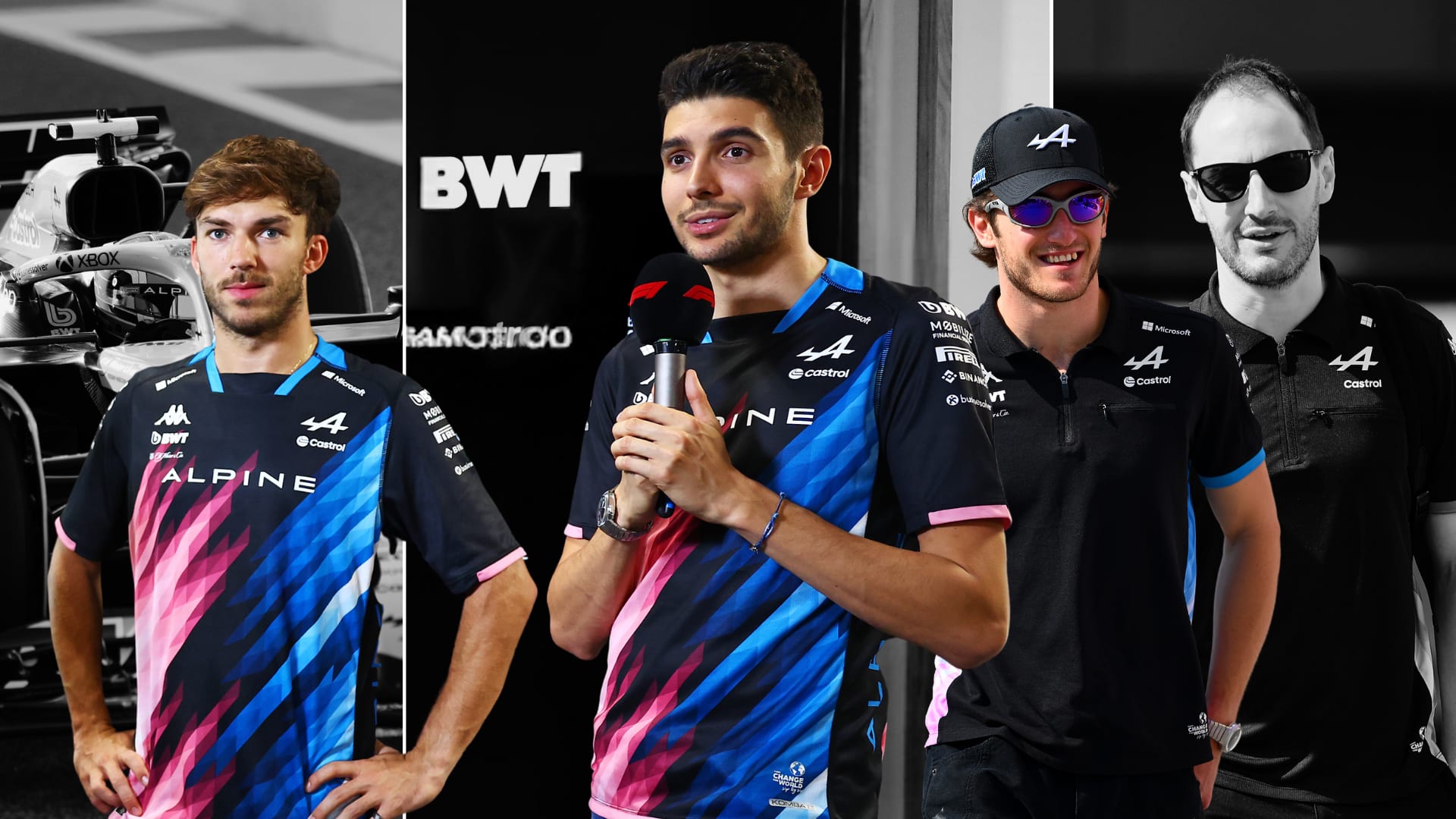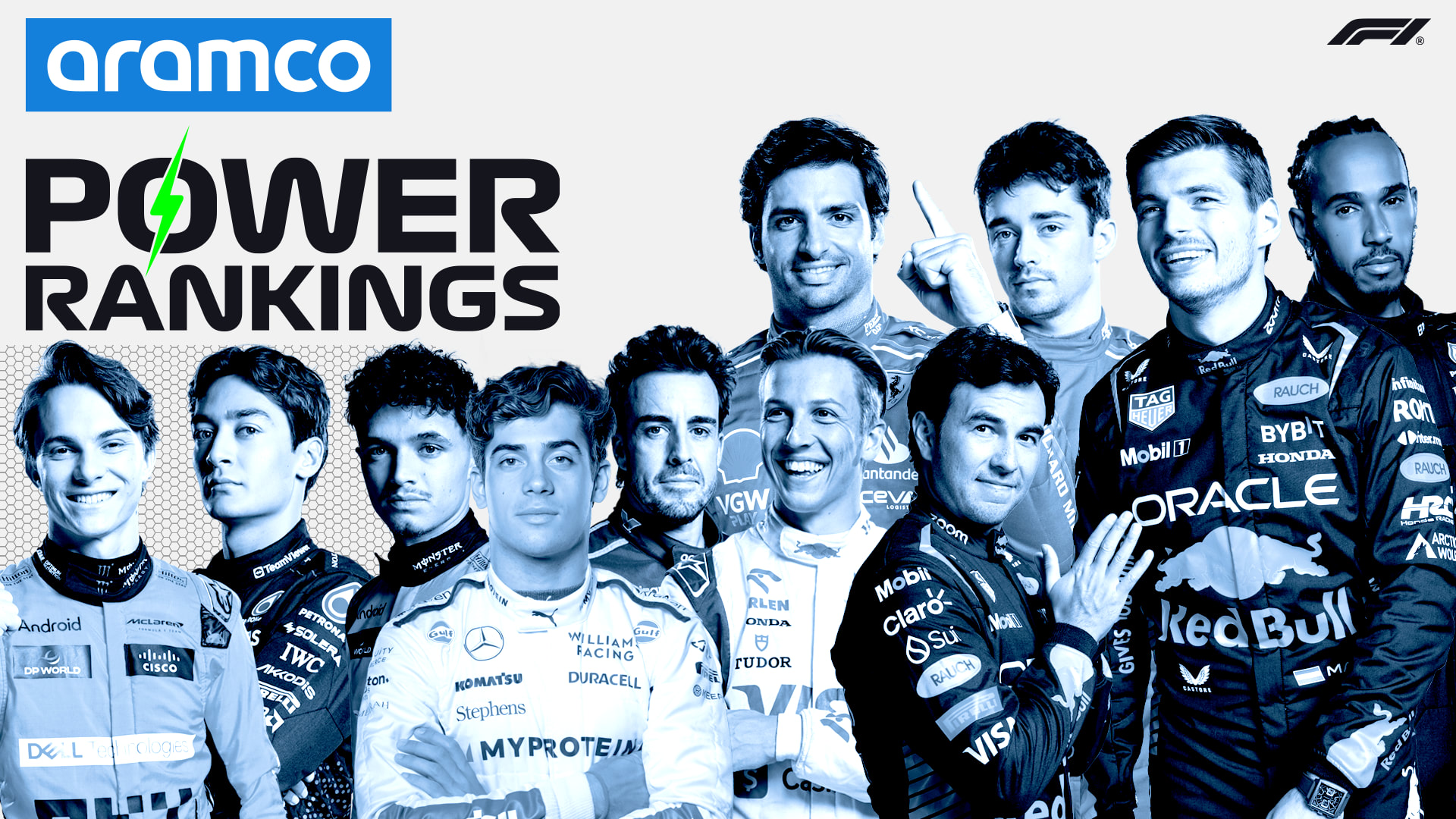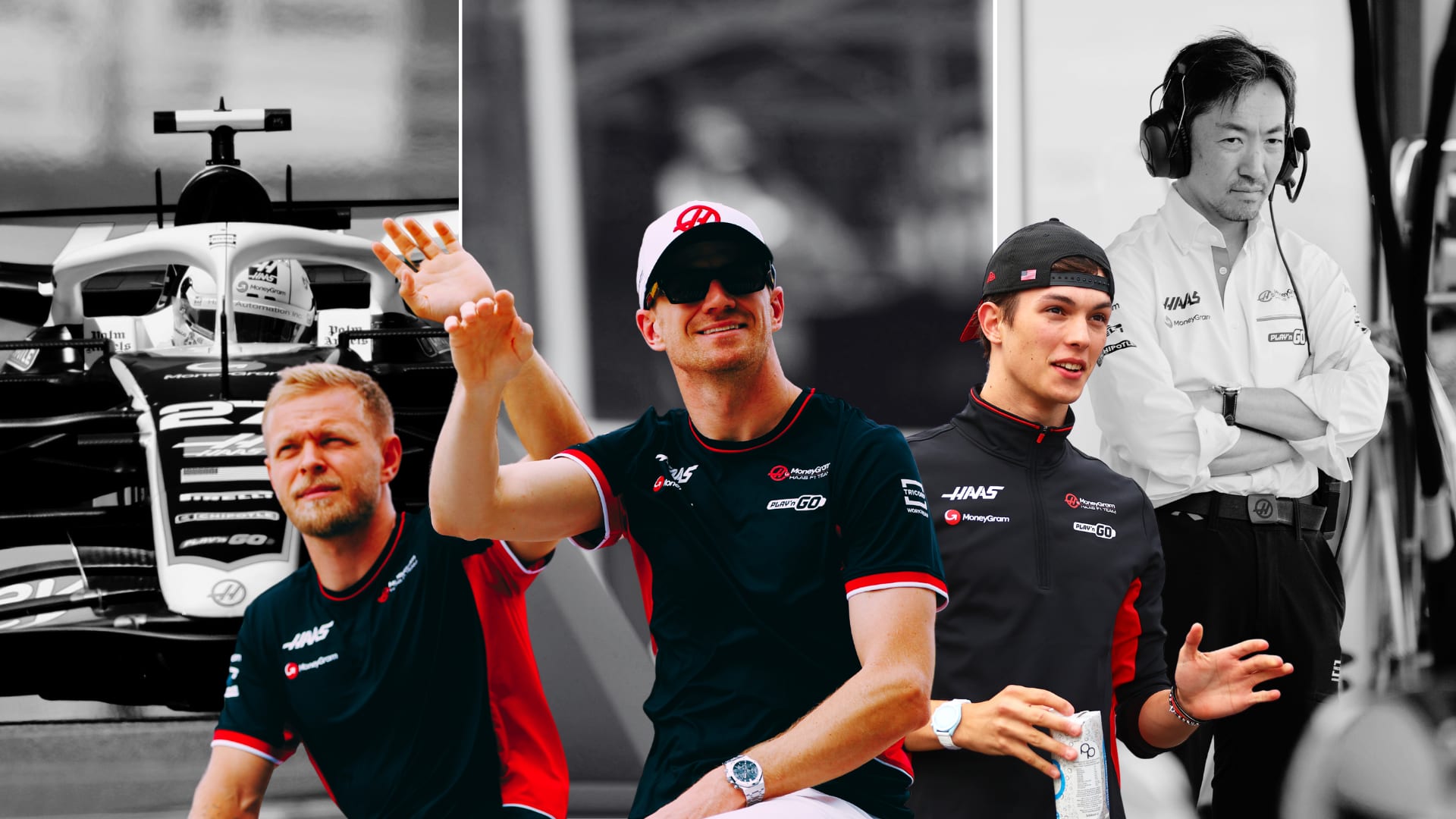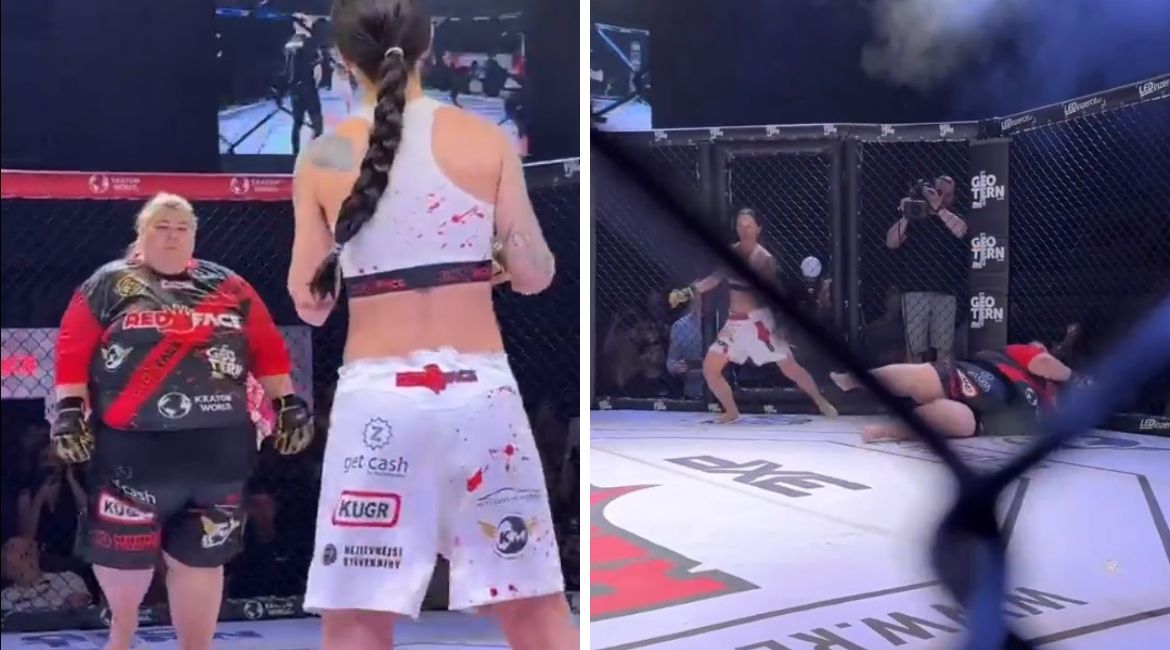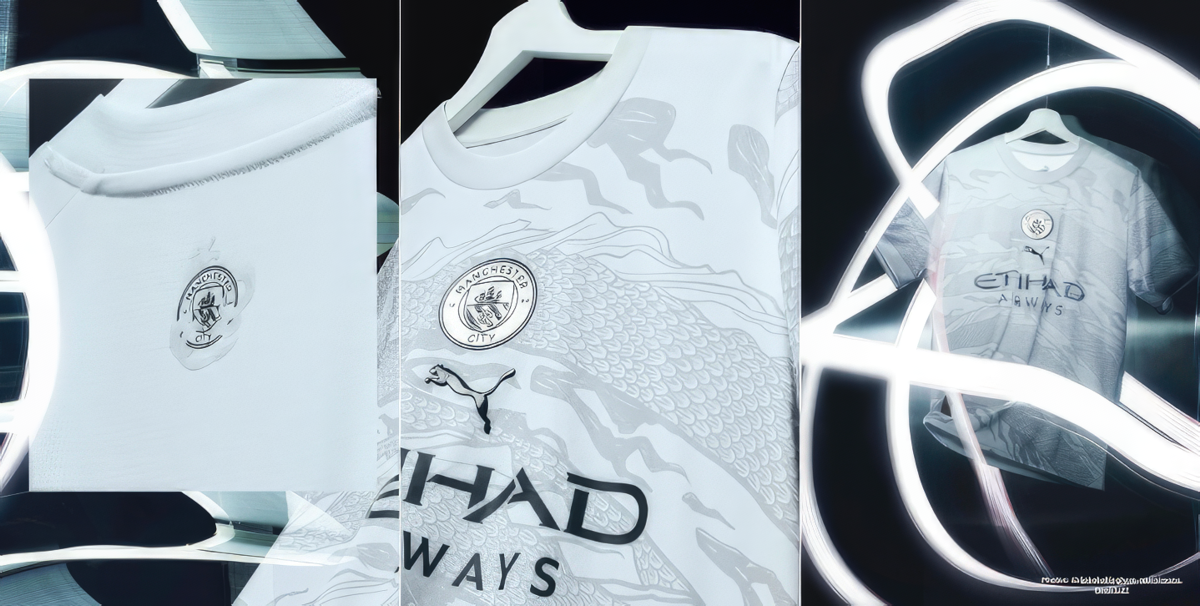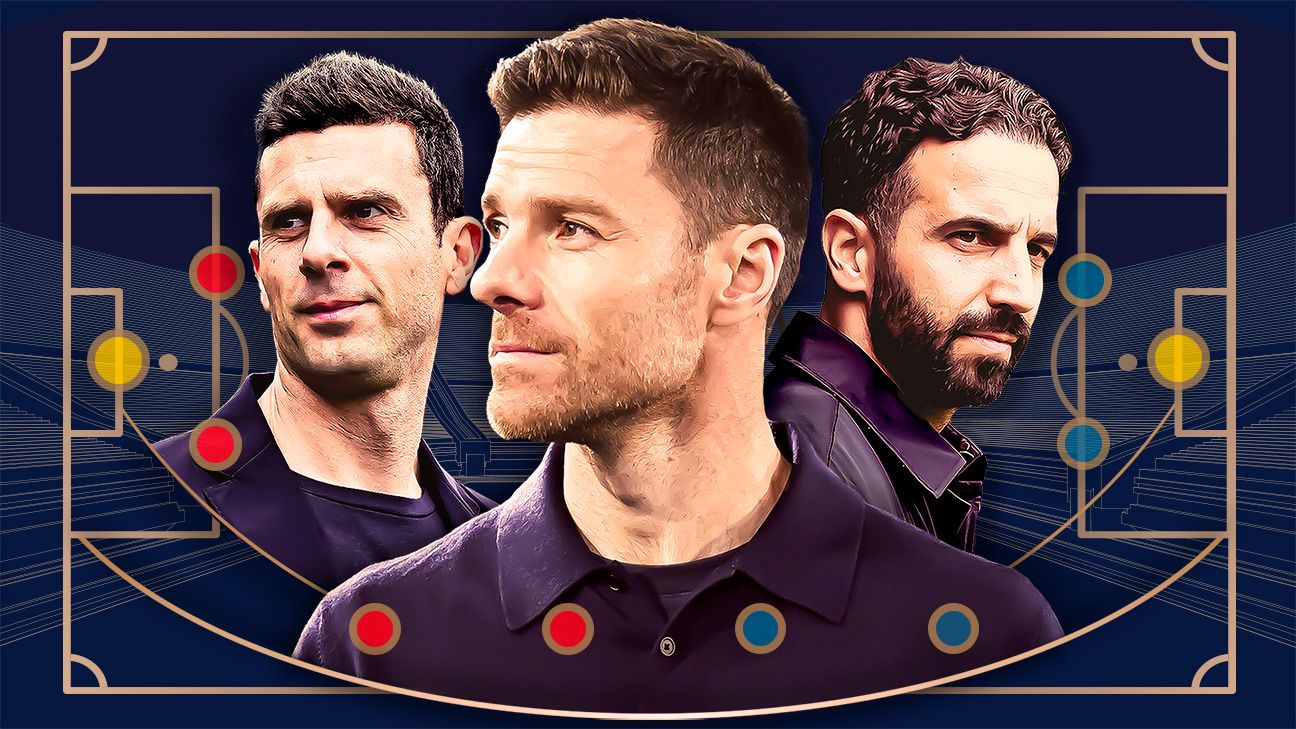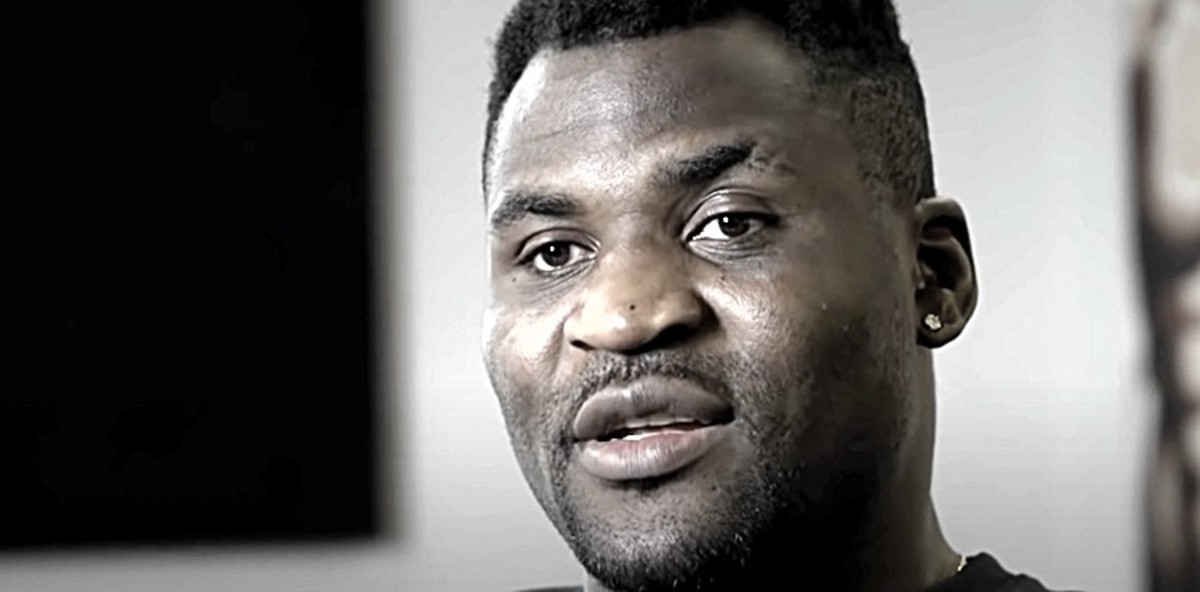However as McLaren’s former Head of Automobile Design, Matthew Jeffreys, just lately advised F1.com: “Adrian goes to the nth diploma to get each little little bit of efficiency from each space of the automobile. In doing that, he pushed us into areas which have been somewhat bit exterior of our consolation zones, so he made us think about issues and do issues which we wouldn’t essentially think about doing.”
Crimson Bull
By the mid-noughties, Newey felt the time was proper for a recent problem. Reasonably than choosing one other established workforce, his subsequent transfer can be to a brand new one when he joined Crimson Bull as Chief Technical Officer – former Williams and McLaren driver Coulthard and boss Christian Horner taking part in their half in luring him to an outfit that had not received a single Grand Prix of their present guise.
READ MORE: Starvation, ingenuity and modesty – How ‘Einstein of F1’ Newey helped remodel Crimson Bull’s fortunes
As per McLaren, Newey arrived unable to affect the automobile that had simply been finalised, the 2006-spec RB2, which means 2007 and 2008 would deliver the primary designs from his drafting board. Throughout comparatively steady rulesets, they achieved an more and more regular movement of factors, in addition to the odd podium, however the entrance of the sector nonetheless appeared far-off.
That was till 2009, when overhauled rules – overlaying a ban on most aerodynamic gadgets past entrance and rear wings, adjustments to entrance wing and rear wing parameters, and slick tyres returning – introduced a golden alternative to trigger an upset.
There was good and dangerous information for Crimson Bull that 12 months. On the one hand, they shot up the order to assert their first pole positions and race wins. Alternatively, a rival outfit had yet another trick up their sleeve in Brawn GP and their double diffuser innovation – a variation of which Williams and Toyota had additionally designed.


